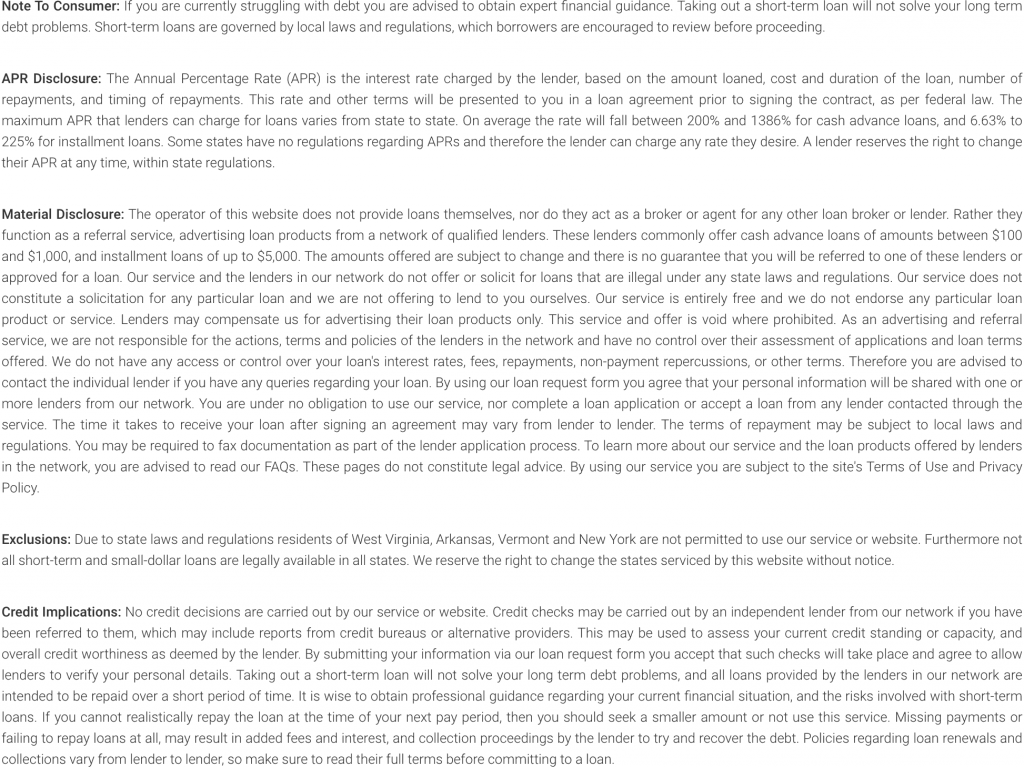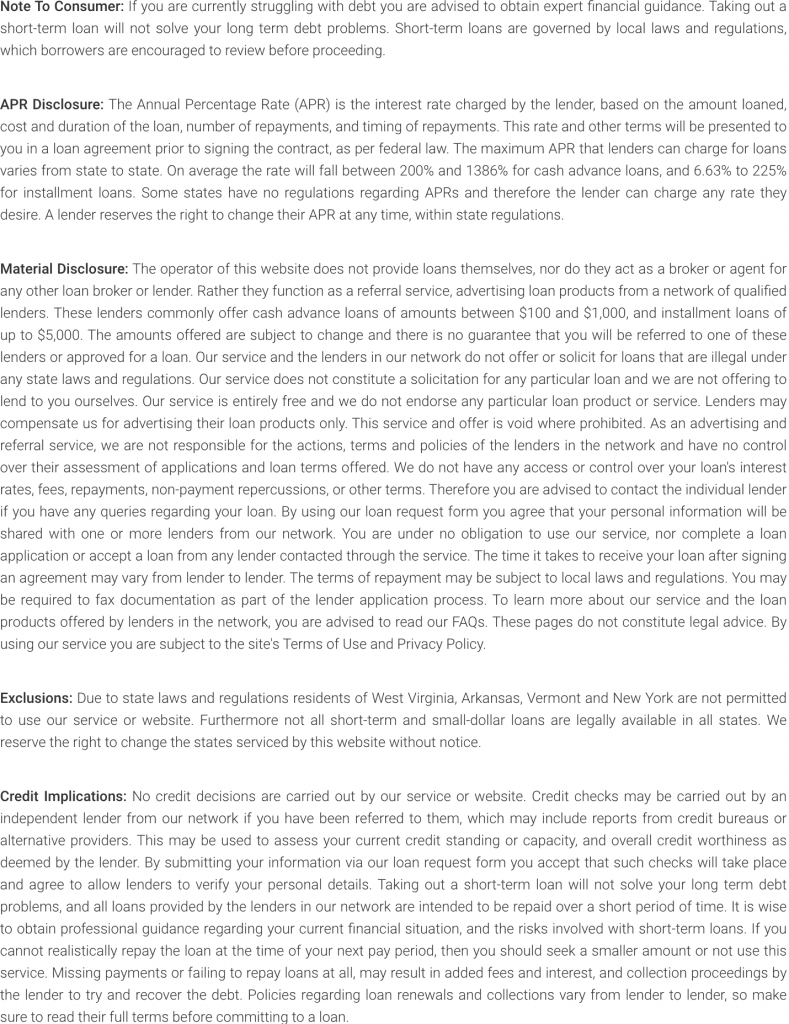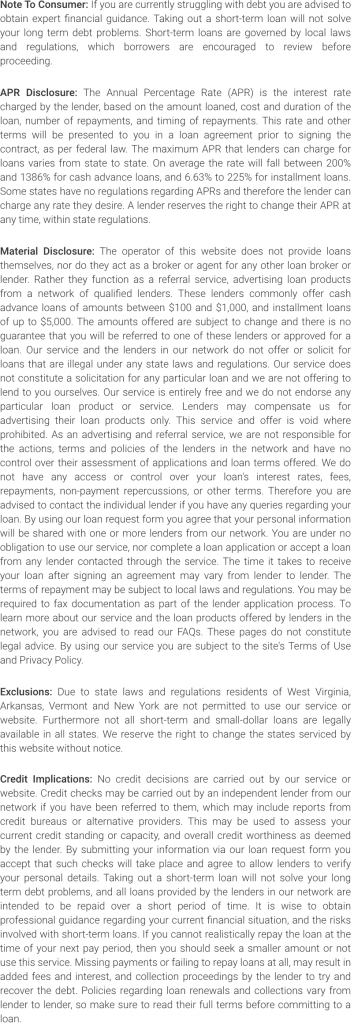- Get emergency cash to solve your problems FAST
- All credits accepted. Bad credit may not be a problem
- Super fast approval. Get decision within minutes
- $100 - $1000 loans for any reason
- 256-Bit SSL protected loan request form
Secured And Unsecured Loans Explained
If you find yourself in a tough financial situation or are simply in need of some extra disposable income to make a purchase, you may consider taking out a personal loan. Of course not all loans are the same. Depending on the lender you could be offered different amounts, interest rates, and repayment terms.
Generally speaking however there are two main categories of personal loan – secured and unsecured. It’s essential to understand the difference else you may end up in even deeper financial trouble.
What Is A Secured Loan?
Simply put a secured loan is a loan that requires collateral. This means you need to put up something of value that the lender can claim if you fail to make the repayment, allowing them to still recoup most of their money when they sell it on. Common collateral can be your home, cars or other vehicles, land, expensive jewellery etc.
Because this type of loan is “secure” the lender will often be more lenient, allowing for a larger principal, betters rates and fees, and a longer repayment period.
The most common form of secured loan is a property mortgage, though they might also apply to boats & yachts, cars and other larger purchases.
Anything over $10,000 is likely going to require some collateral.
If you fail to make repayments and do not enter a productive dialogue with the lender, you will default and then the process of acquiring the collateral will commence. This will also negatively impact your credit score, making it harder to obtain credit in the future.
Learn more about secured loans here – https://en.wikipedia.org/wiki/Secured_loan
What Is An Unsecured Loan?
An unsecured loan is therefore a loan that does not require any collateral. From the borrower’s perspective this can be a safer option, as if they get in to trouble they won’t directly lose anything of value or importance like their home. However from the lender’s perspective this will be more risky, so they will often only loan smaller amounts and only deal with those with a good credit history.
You might use an unsecured loan to pay for a holiday, used a car, home repairs, or smaller purchases. You are unlikely to be offered more than $10,000 unless you earn a good amount and have a good credit score.
How To Qualify For An Unsecured Loan?
There are only a few basic requirements to qualify for an unsecured loan, though if you already have several credit cards, loans and other forms of credit, you may be turned down regardless of whether you meet them.
You will need to be at least 18 years old, as loans cannot be given to minors. You will also need a regular income of at least $750 per month so you can demonstrate your ability to make repayments under normal circumstances.
Your credit history is usually taken under account when applying with a bank or large lender. So if you have defaults and other black marks, chances are you will be rejected. Some lenders however may not check, especially if you’re applying for a small payday loan. Learn more about unsecured loans here – http://www.investopedia.com/terms/u/unsecuredloan.asp
REPAYMENT
Regardless of the type of loan you take out you will be required to make repayments on a regular basis. The only exception is payday loans, where you make the whole repayment in one lump sum often before a month has even passed. This is because they are supposed to be used to tie you over until your next “pay day”.
Most other loans are longer term commitments though you will usually have the ability to pay them off early. This may require you to pay extra fees.
Loans also require you to pay a rate of interest on top of the principal, which is usually calculated as an Annual Percentage Rate (APR). This is a percentage of the principal calculated yearly. For example if you borrowed $4,000 at a APR of 20%, by the end of the year you will have paid $800 in interest on a monthly basis.
If you fail to make repayments on your loans and “default” the lender will first attempt to work out a repayment plan with you, but if this does not work out they will begin collection proceedings and may take certain civil action. If you put up collateral this can then be taken, otherwise you may be stuck with paying off interest for a considerable time.



